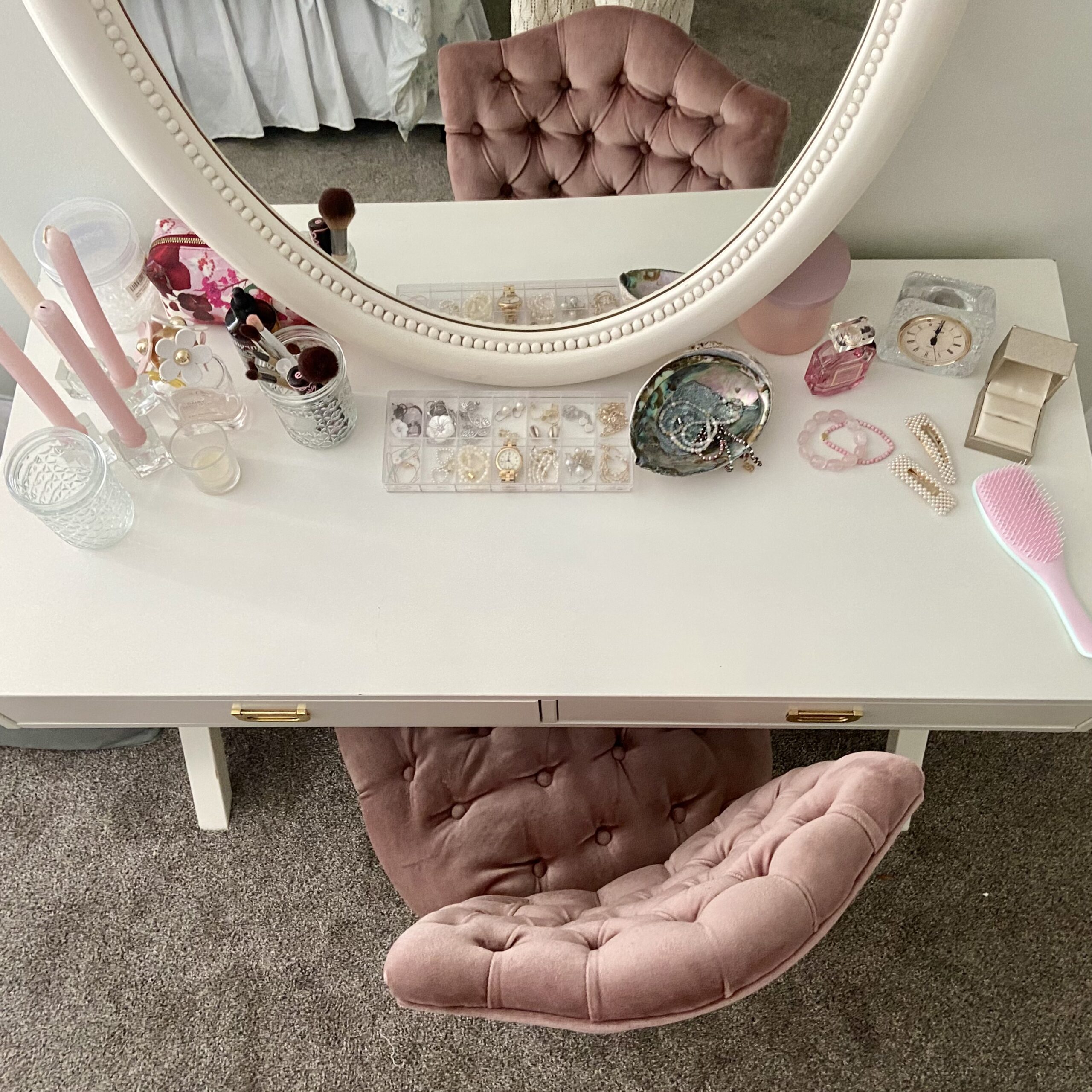Today I spent a lot of time researching how to make my own makeup.
I am so excited about this idea because I know what I want my makeup to be color-wise (I am a Summer color season, muted and cool) and I have gotten to the point where I really don’t enjoy wearing irritating formulas (my current tinted moisturizer gets one of the worst health scores on EWG Skin Deep—which means it is causing the pain I think it is—but I still want to wear makeup sometimes!).
So, it seems like the perfect project to combine my color theory and health passions!
However, it is a lot harder than I first imagined. Well, I haven’t tried yet so we’ll see. But it does seem to work best with a solid understanding of chemistry. So, instead of spending all my time teaching myself chemistry from google and/or AI, I’m waiting for my hold of Marie Rayma’s book “Make it Up: The Essential Guide to DIY Makeup and Skin Care” to come in at the library. She has spent years reaching and learning chemistry to make great homemade makeup, as I can see on her blog: https://www.humblebeeandme.com/. So, I need to be patient and reap the knowledge she has instead of plowing forward in my current ignorance.
There is one huge thing she has taught me already that makes me want to wait and trust her book:
- “Natural” and “Chemical” don’t inherently mean “good” and “bad.”
There are unsafe things in nature and great healthy things that are chemicals—Especially since everything is technically made of chemicals. This idea alone is a huge breakthrough for me. Even just for buying readymade products, this changes the whole way I think about skincare ingredients.
I used to think that “normal” ingredients that I have heard of before or know as common household items or plants/plant oils are the absolute healthiest in every case and anything with a more chemical sounding name is unhealthy.
Marie said she started out thinking this way too!
But she learned through years of research that some common things can be bad to put on our skin (coconut oil can clog pores, baking soda can cause intense skin irritation, lemon juice can cause chemical burns on skin, etc.) and that some things that have scary looking names can actually be really good for our skin’s health—That we need to understand what each ingredient does for our skin and health, not just how untouched by man it is.
This really gave me a new outlook for choosing skincare and makeup ingredients.
So, I’ll keep you posted once I get the book. If this is something you’re interested in too, I’d love to explore it together—let me know.

